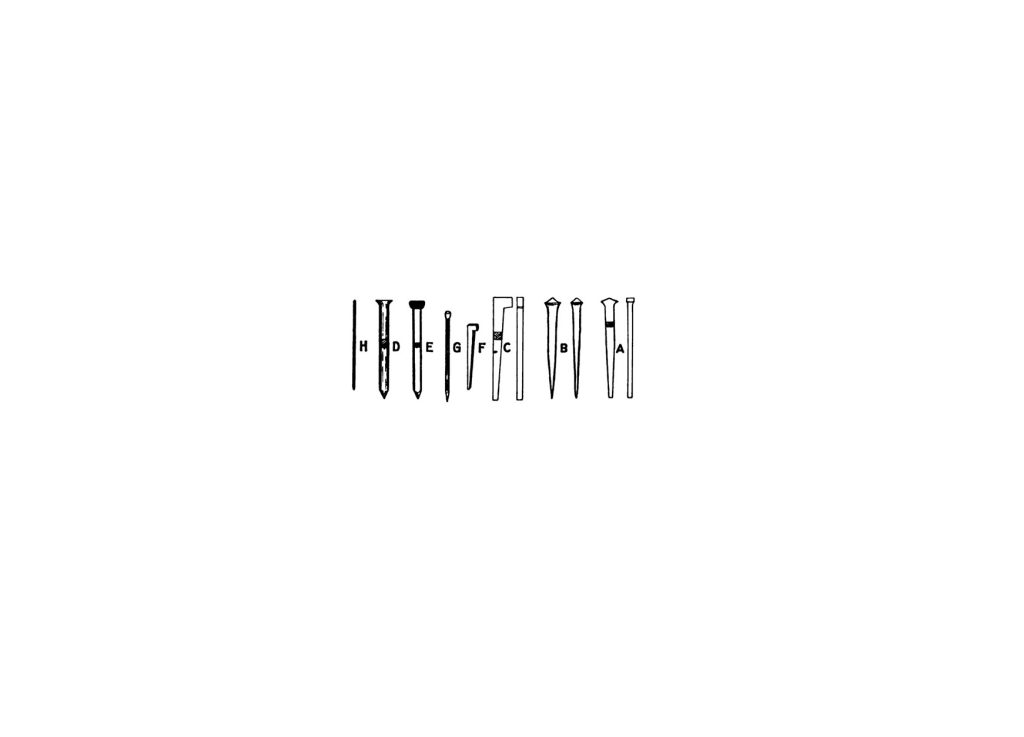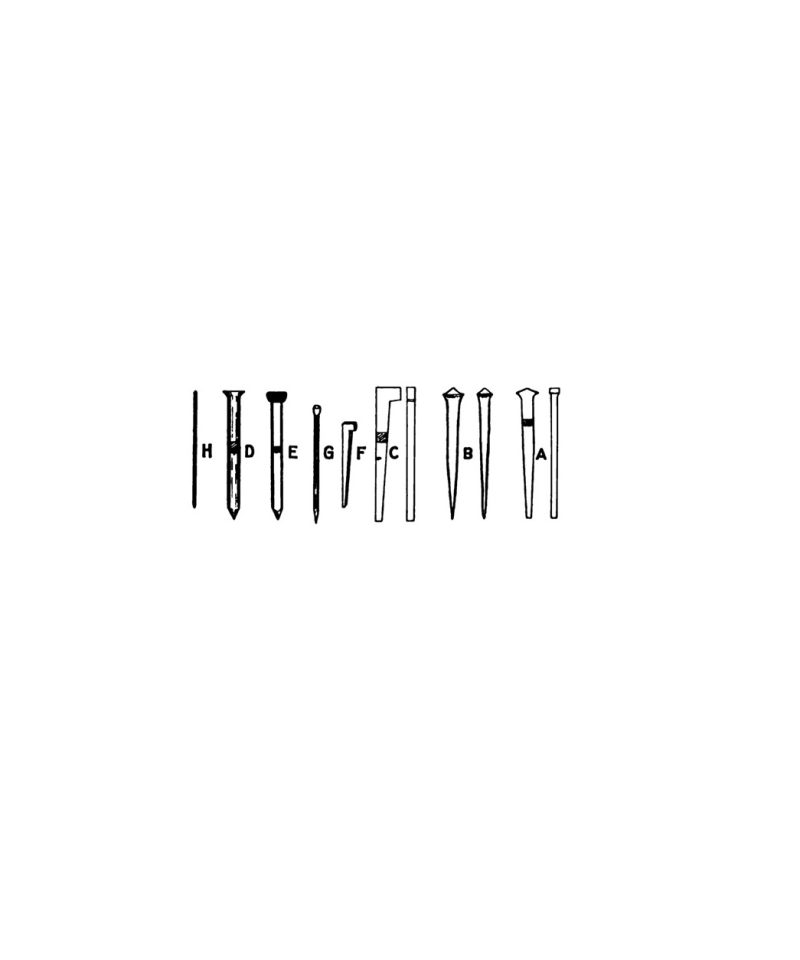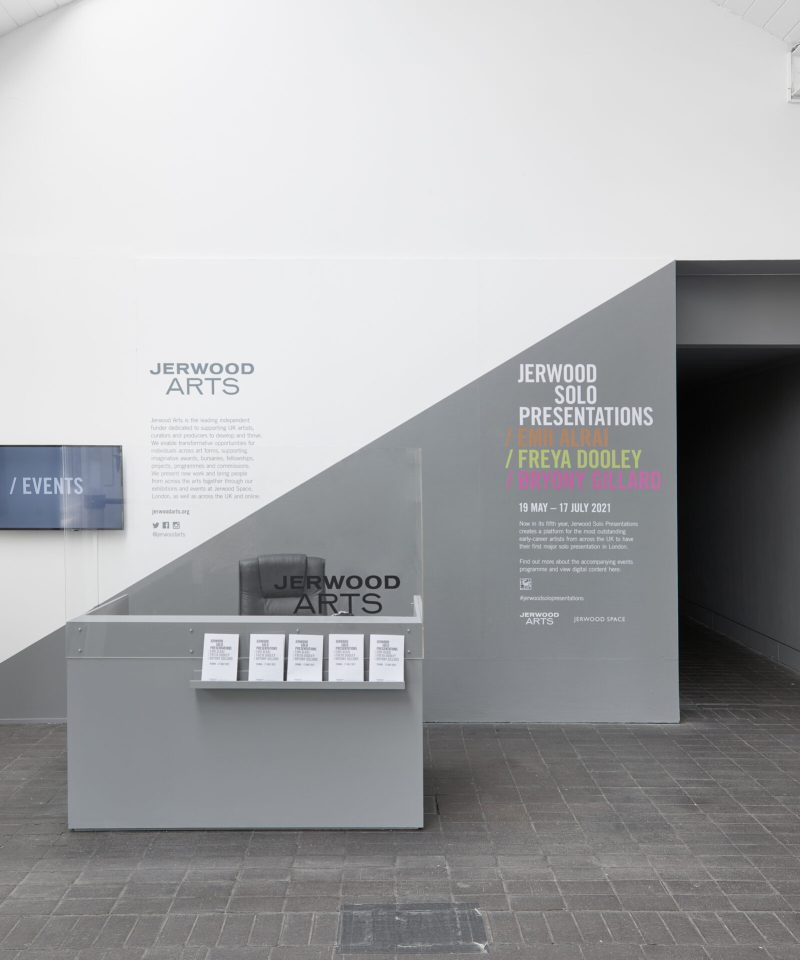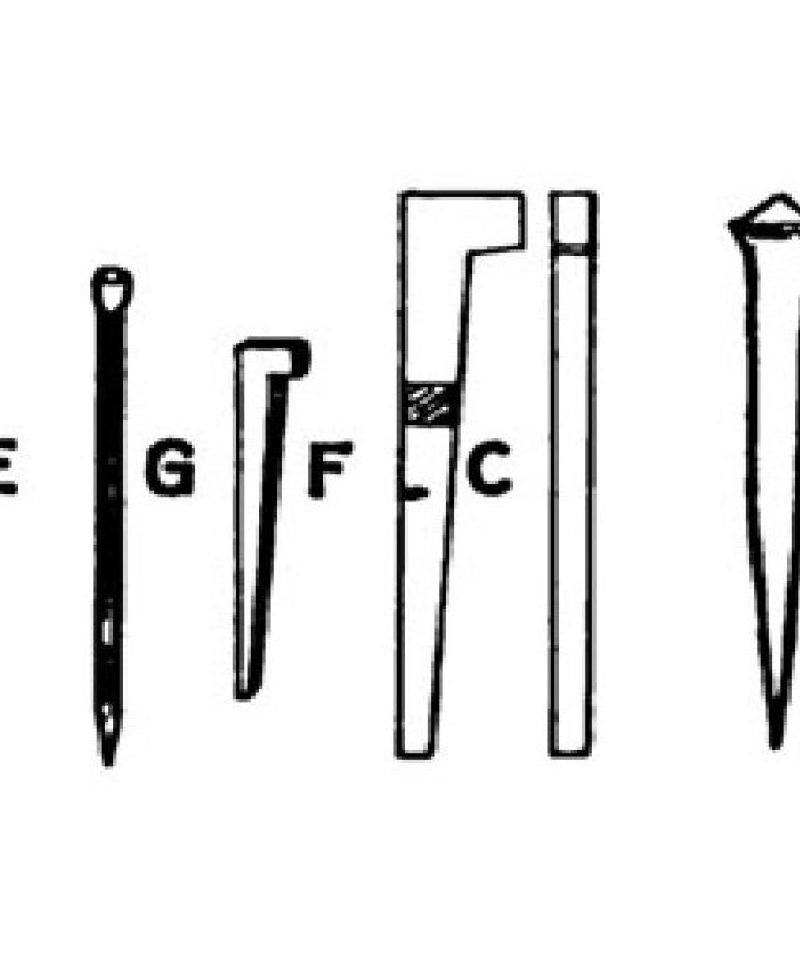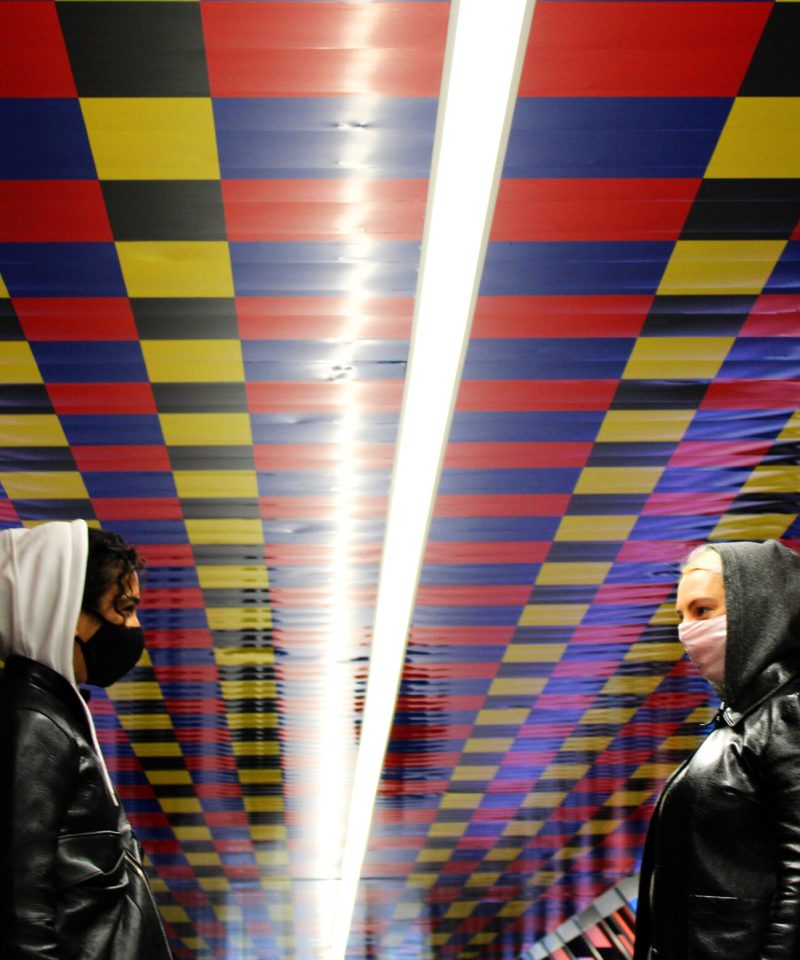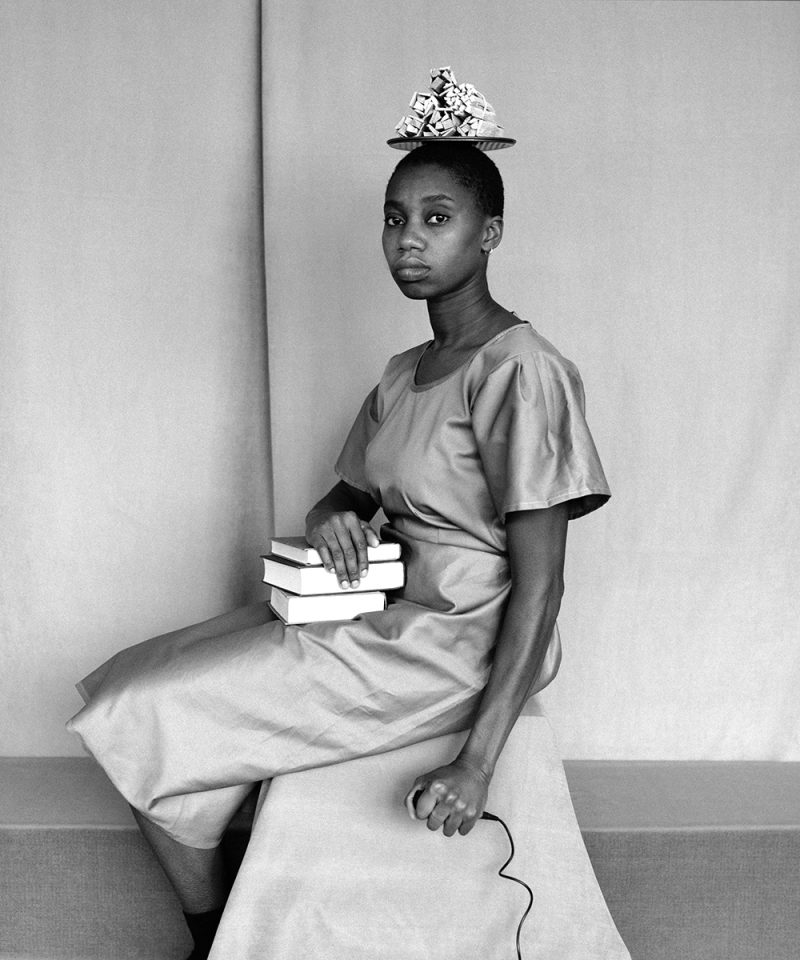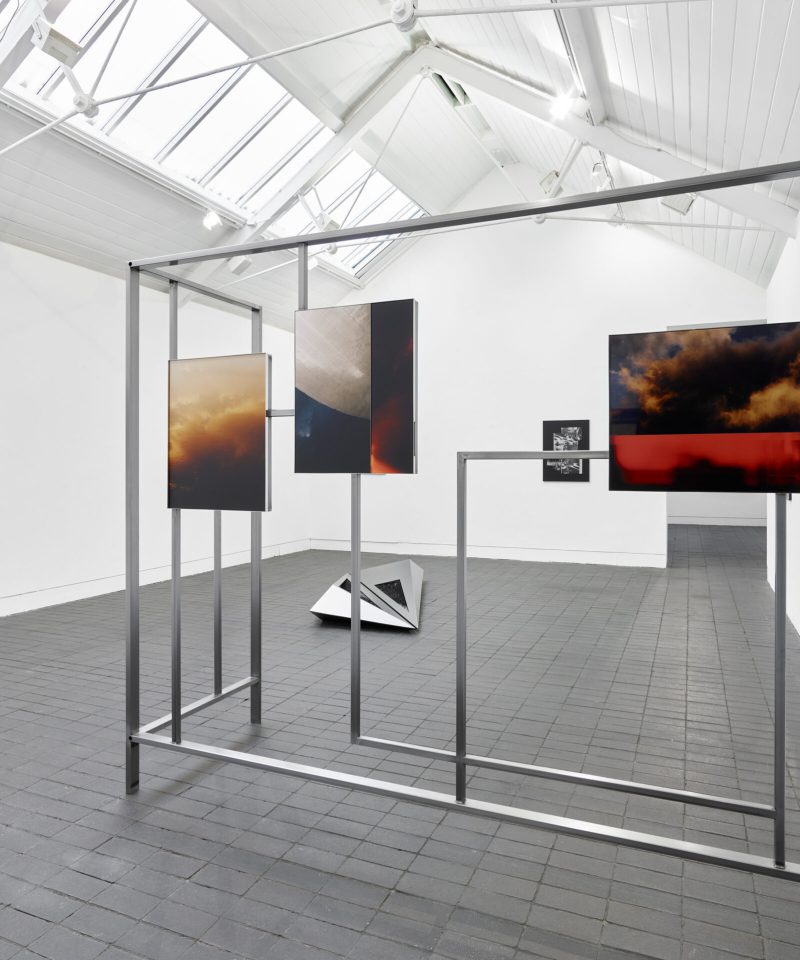A downloadable PDF version of this text is available at the bottom of the webpage
This is Danish-born, Bristol-based Somali writer, poet and visual artist Asmaa Jama’s response to Marek Sullivan’s essay ‘Class Criticism’ the starting point for the research on art and class Marek developed whilst Jerwood Writer in Residence from January 2021 – July 2021. Marek’s introduction below, in dialogue with Asmaa’s response, draws his residency to a close.
*
I first experienced Asmaa Jama’s work at a Spike Island event organized in 2019, to celebrate and respond to Imran Perretta’s film the destructors. Asmaa recited from memory, drawing the audience in by the directness of their words and the seductive playfulness of their performance. The audience was transfixed, hanging on each carefully curled and dropped syllable. It is a rare talent to be able to speak words as though they are the first sounds the world has heard.
Asmaa was a natural choice of respondent to ‘Class Criticism’, being themselves from a working-class background. Asmaa also has one foot inside the university system (they went to university) and one foot out (they quit university before finishing their course). When I approached Asmaa, I kept the brief as open as possible – the response could take any form, including fiction/non-fiction, prose, poetry and poetry-prose. I think the resulting text, which draws several formal elements together, is a gripping mix of personal, spiritual and critical threads. It is an example of how writing can be confessional and theoretical without lapsing into the verbal ticks and exclusionary esotericisms of standard art talk.
A few specific points. It’s beautiful to see how Asmaa connects the idea of “layering” labour developed in ‘Class Criticism’ to their father’s skill with motors (‘I think of the ways our bodies remember, layer by layer, how even in his sleep, awoowe could fix engines’). I’m always amazed by the complexity of mechanics’ know-how – a know-how that can only be achieved through time, by layering up over the years. Recently I saw an argument on Twitter that the only way to measure working-classness is to understand the relation between the worker and the owner: if you sell your labour to someone who owns the means of production, you are working class. From this perspective, it does not matter what my background or history are. Even if I went to Eton and have parents who bankrolled my London flat, I am working class if I now work for Deliveroo.
I understand how this line of reasoning can be useful for building alliances between blue-collar workers and a newly-disenfranchised middle class that may not have considered its situation in this light before. And it is true that the owner-worker relation must be at the centre of revolutionary politics. But I don’t think this means we can disregard the history of people who have been working class for all or most of their lives and whose entire historical being is different to the nouveaux pauvres. Lifeworlds are not made and lost overnight, and although we can argue over whether being working class is an identity or an economic position, I think it is an oversimplification to assume that questions of class can be settled simply by focusing on one’s current occupation. Class is through-and-through a historical fact, and it is through history that it will be abolished. This aspect of class struggle is part of what is meant by the term ‘layering’.
Asmaa’s text is about their father and how he lived life as malleable, combustible plastic, “there to be burnt up, to be used”. When I think of my own dad I think of something both similar and completely different. He was a granite sculptor working near Dumfries on the West coast of Scotland where stone is easy to come by. He battered himself using a mixture of hand and power tools to carve imperfect spheres which he arranged in patterns determined by mathematical set theory. He worked from dawn until dusk every single day, and died of cancer in 2007.
Unlike Asmaa’s father, mine chose to leave the family when I was three years old, mainly to focus on his work. He was a caricature of an artist, someone who lived in an unheated shack on the edge of a quarry and gave up everything for the sake of an ideal. He was never “used” – any burning that took place was the result of his own decisions. It was my mother who shouldered the labour of bringing us up, my mother who “worked like an oil lamp” to keep us fed, clothed and safe. In this respect, she is probably closer to ‘aabe’ than my father. She was never celebrated by art critics or her local community. Throughout my childhood, she toiled in relative silence, first teaching English as a foreign language, then caring for elderly people at the end of their lives. I don’t want to say too much about her here, because I don’t want to reinforce her silence by speaking in her place. I only mention her because I think this silence is an important motivation behind the argument of ‘Class Criticism’. I think Asmaa explains it better than I ever could.
